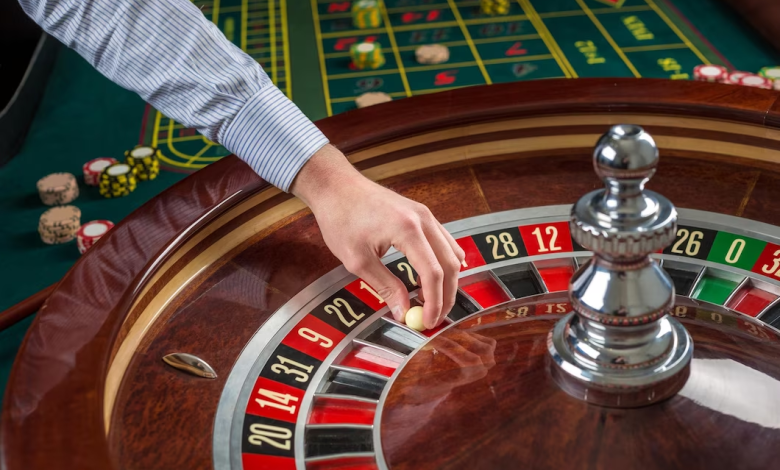The Psychology of Slot Machine Addiction: Unraveling the Allure of the Reels

Slot machines have long been a popular form of entertainment in casinos, offering players the thrill of spinning the reels and the possibility of hitting a big jackpot. However, for some individuals, the enjoyment of playing slots can turn into a compulsive behavior leading to addiction. In this blog, we will explore the psychology behind slot machine addiction, shedding light on the factors that contribute to its development and the impact it has on individuals.
The Allure of Slot Machines
Slot machines are designed to be highly engaging and captivating. Here are some elements that contribute to their allure:
- Visual and auditory stimuli: RTP live slot machines feature vibrant graphics, flashing lights, and catchy sound effects, creating a sensory-rich environment that captures players’ attention.
- Random reinforcement: Slot machines operate on a random number generator (RNG) system, providing intermittent rewards in an unpredictable manner. This intermittent reinforcement pattern can be highly addictive, as players chase the next win.
- Near-miss experiences: Slot machines often incorporate near-miss experiences, where the symbols on the reels come close to forming a winning combination. These near-misses can increase excitement and motivation to continue playing.
The Role of Cognitive Biases
Several cognitive biases contribute to the addictive nature of slot machines. Here are a few key biases:
- The illusion of control: Players may develop a false belief that they have some control over the outcome of the game, despite it being entirely based on chance. This illusion of control keeps players engaged and encourages them to continue playing.
- Gambler’s fallacy: This bias leads individuals to believe that a certain outcome is more likely to occur because it hasn’t happened in a while. For example, if a player has been losing consecutively, they may start to believe that a win is due soon, leading to continued play.
- Loss aversion: People tend to feel the pain of losses more strongly than the pleasure of wins. Slot machines exploit this bias by offering small wins and minimizing the perception of losses, making it difficult for players to walk away.
The Role of Reinforcement and Reward Pathways
Slot machine addiction involves the activation of the brain’s reward pathways. When players win, the brain releases dopamine, a neurotransmitter associated with pleasure and reward. This reinforcement mechanism reinforces the behavior and motivates players to seek further rewards through continued play. Over time, this can lead to the development of addiction as the brain becomes conditioned to associate slot machine play with pleasure.
Psychological Triggers and Vulnerabilities
Slot machine addiction is not solely determined by the design of the machines but is also influenced by individual vulnerabilities and psychological triggers. These can include:
- Escape and stress relief: Slot machines provide a temporary escape from everyday problems and stressors, making judi slot attractive to individuals seeking relief or distraction.
- Loneliness and social isolation: For some individuals, the social environment of the casino and the feeling of being part of a community can be a motivating factor in their slot machine play.
- Emotional regulation: Slot machines can serve as a means of coping with negative emotions or mood disorders, providing a temporary boost in mood and a distraction from emotional pain.
Seeking Help and Treatment
Recognizing a slot machine addiction is the first step toward seeking help. Treatment options for slot machine addiction include:
- Cognitive-behavioral therapy (CBT): CBT helps individuals identify and change negative thought patterns and behaviors associated with addiction.
- Support groups: Joining support groups such as Gamblers Anonymous can provide individuals with a supportive network and a platform to share experiences and strategies for recovery.
- Self-help strategies: Implementing self-help strategies, such as setting limits on time and money spent playing slots, can be effective in regaining control over one’s gambling behavior.
Conclusion
Understanding the psychology behind slot machine addiction is crucial in addressing this issue and developing effective prevention and treatment strategies. By recognizing the factors that contribute to addiction, individuals can make informed decisions about their gambling behavior and seek help if needed. It is important for both players and casino operators to promote responsible gambling practices and create an environment that prioritizes player well-being.
